Google Glass sales to stop, with device set for design overhaul
Google Glass is being withdrawn from sale, as reports of redesign “from scratch” surface
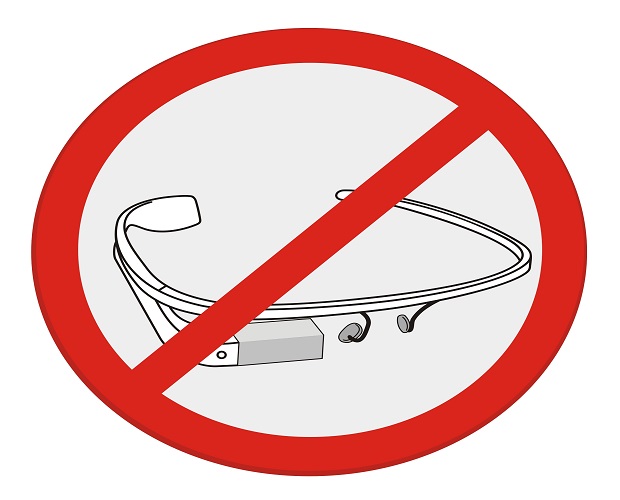
Production of Google Glass's first iteration is being halted and sales of the devices stopped, but the search giant has denied it is ditching the idea of making its own smart glasses.
The company has confirmed in a Google+ blog post that people will no longer be able to buy the head-mounted, wearable computers through its Google Glass Explorer programme from 19 January.
However, Google has been quick to deny this means it's pulling the plug on the venture completely, and claims the decision will give it more time to concentrate on "what's coming next".
"We still have some work to do, but now we're ready to put on our big kid shoes and learn to run," the post states.
As part of this, the Glass team is now being spun out of Google X the business division responsible for developing and testing the firm's "moonshot" projects, which currently include its driverless cars and drone delivery services.
The post suggests the move could see Google make more of an effort to court the enterprise with Google Glass, and boost take-up of the technology within the business market.
"Interest in wearables has exploded and today it's one of the most exciting areas in technology," it reads.
Sign up today and you will receive a free copy of our Future Focus 2025 report - the leading guidance on AI, cybersecurity and other IT challenges as per 700+ senior executives
"Glass at Work has been growing and we're seeing incredible developments with Glass in the workplace."
Now news has surfaced of Google's future plans for Glass, which will see the headset completely scrapped and redesigned "from scratch," according to the New York Times.
The launch of a new iteration of Glass will be ushered in by Tony Fadell and Ivy Ross, a jewellery designer and head of Google's smart-eyewear division.
Fadell, a former Apple product executive and founder of Nest, said in a statement: "Early Glass efforts have broken ground and allowed us to learn what's important to consumers and enterprises alike. I'm excited to be working with Ivy to provide direction and support as she leads the team and we work together to integrate those learnings into future products."
In regards to a complete overhaul of the product, an advisor to Fadell shed some light on the situation, telling the paper: "There will be no public experimentation. Tony is a product guy and he's not going to release something until its perfect."
This may mean that the new Glass could avoid some of the hurdles of the first iteration, which was effectively a prototype being sold to consumers and the enterprise for 1,000.
Enterprise appeal
According to industry experts, who spoke to IT Pro for an article looking at the long-term viability of Google Glass, the business market rather than the consumer space is where the company is tipped to do well with the wearable.
"In the meantime, we're continuing to build for the future, and you'll start to see future versions of Glass when they're ready," the Google+ post continued.
The announcement about sales of Google Glass being stopped was unlikely to come as much of a surprise to tech market watchers, as rumours suggesting Google might be planning to ditch the project had been circulating for some time.
Despite the product being available to buy through the Google Glass Explorer Programme, these were merely considered prototype devices, and no firm general release for the finished product has been offered by Google to date.
This hasn't stopped the device being banned from use in several public places (including cinemas, restaurants and bars), on privacy grounds.
This article was originally published on 16 January, but was later updated to include information aboug Google Glass re-design on 6 February.
-
 Hackers are using LLMs to generate malicious JavaScript in real time
Hackers are using LLMs to generate malicious JavaScript in real timeNews Defenders advised to use runtime behavioral analysis to detect and block malicious activity at the point of execution, directly within the browser
-
 Developers in India are "catching up fast" on AI-generated coding
Developers in India are "catching up fast" on AI-generated codingNews Developers in the United States are leading the world in AI coding practices, at least for now
-
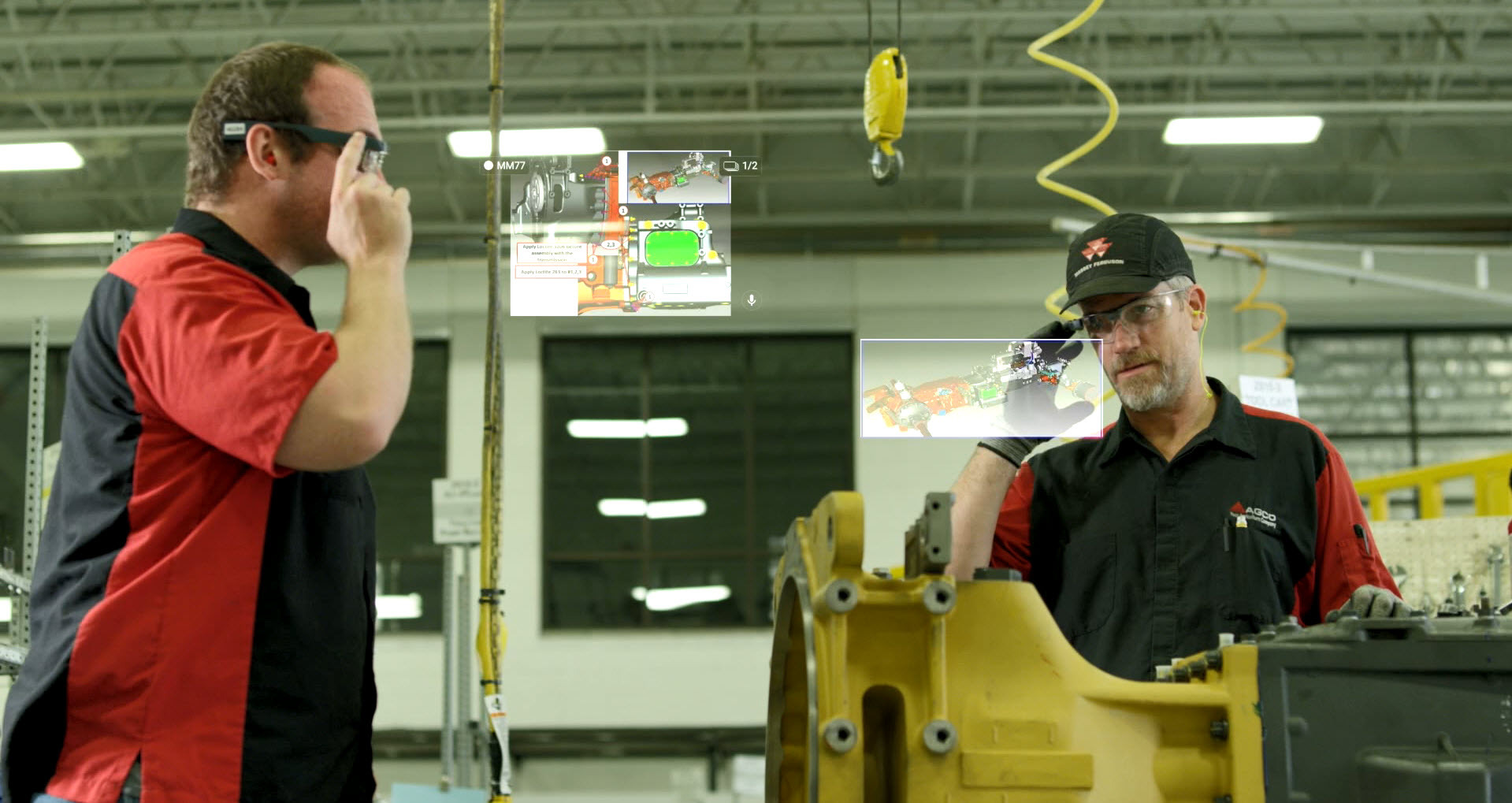 Google Glass Enterprise Edition targets key business verticals
Google Glass Enterprise Edition targets key business verticalsNews Google brings wearable back from the dead with business-focused successor
-
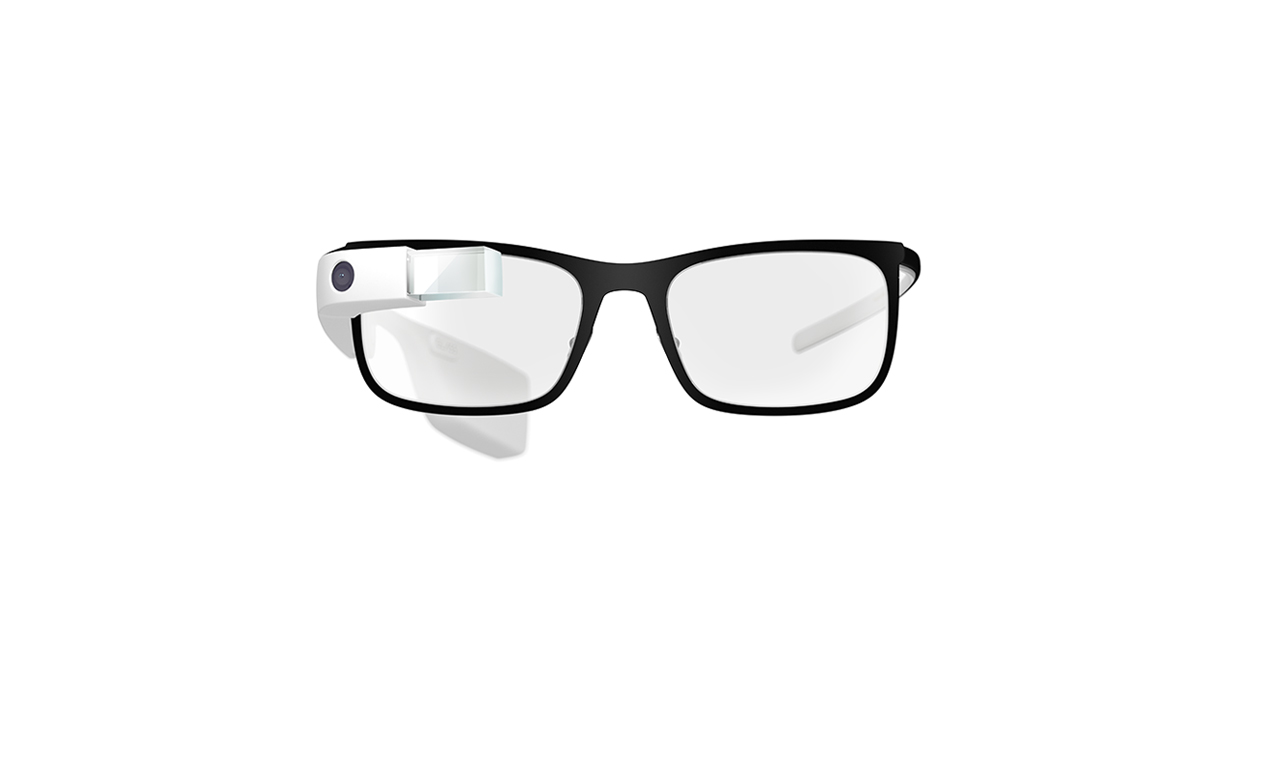 Does a Google Glass firmware update signal a comeback?
Does a Google Glass firmware update signal a comeback?News Google's ill-fated wearable could be set to return
-
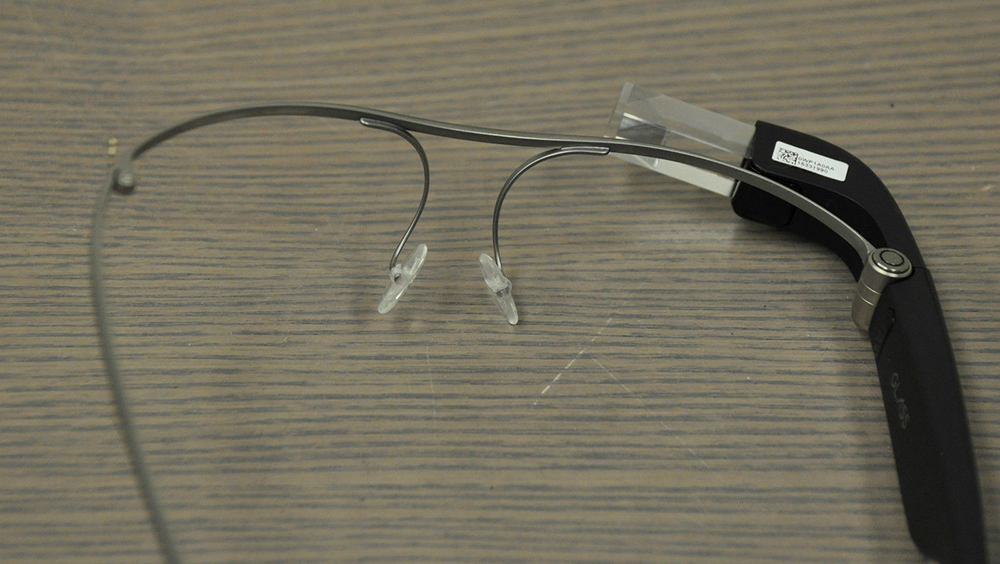 Google Glass enterprise edition goes up for sale on eBay
Google Glass enterprise edition goes up for sale on eBayNews Unreleased headset selling for over $7,000
-
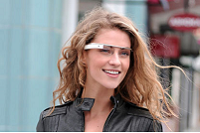 Is Google Glass set to make a workplace comeback?
Is Google Glass set to make a workplace comeback?News A new business version of the smart specs will be released in 2016, it is claimed
-
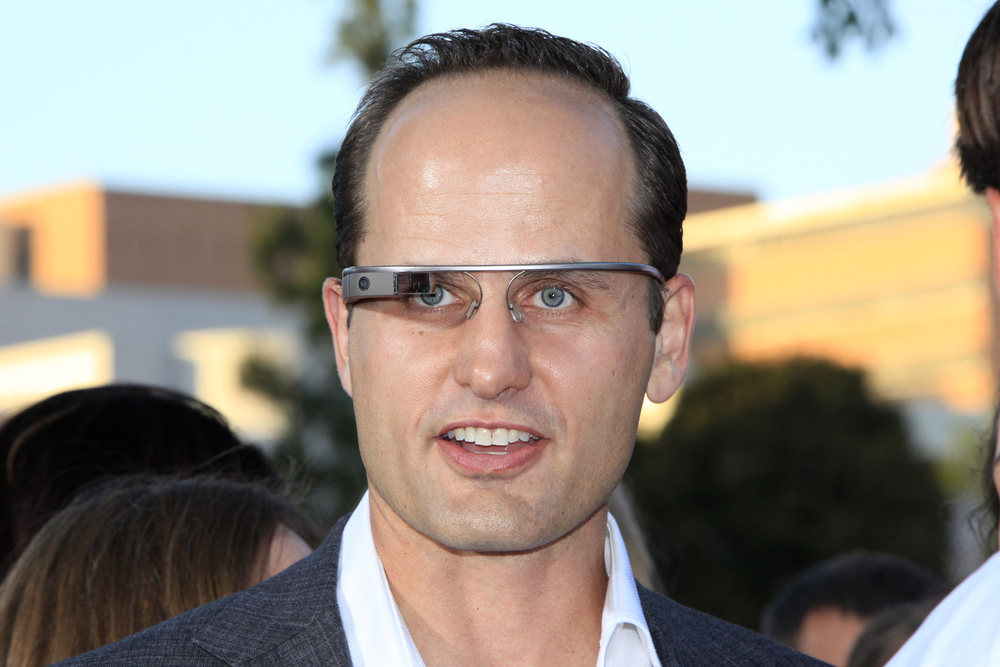 Google could be planning to expand Google Glass family
Google could be planning to expand Google Glass familyRumours One Google Glass wasn’t enough, with the company reportedly planning to develop an entire product range
-
 Is Google Glass dead?
Is Google Glass dead?News Despite Google ending its Explorer programme, the smart glasses are still in development
-
 Virgin Atlantic trials Sony SmartWear to boost communication
Virgin Atlantic trials Sony SmartWear to boost communicationNews Heathrow-based engineers will get updates on the SmartWatch and take pictures with the SmartEyeglass
-
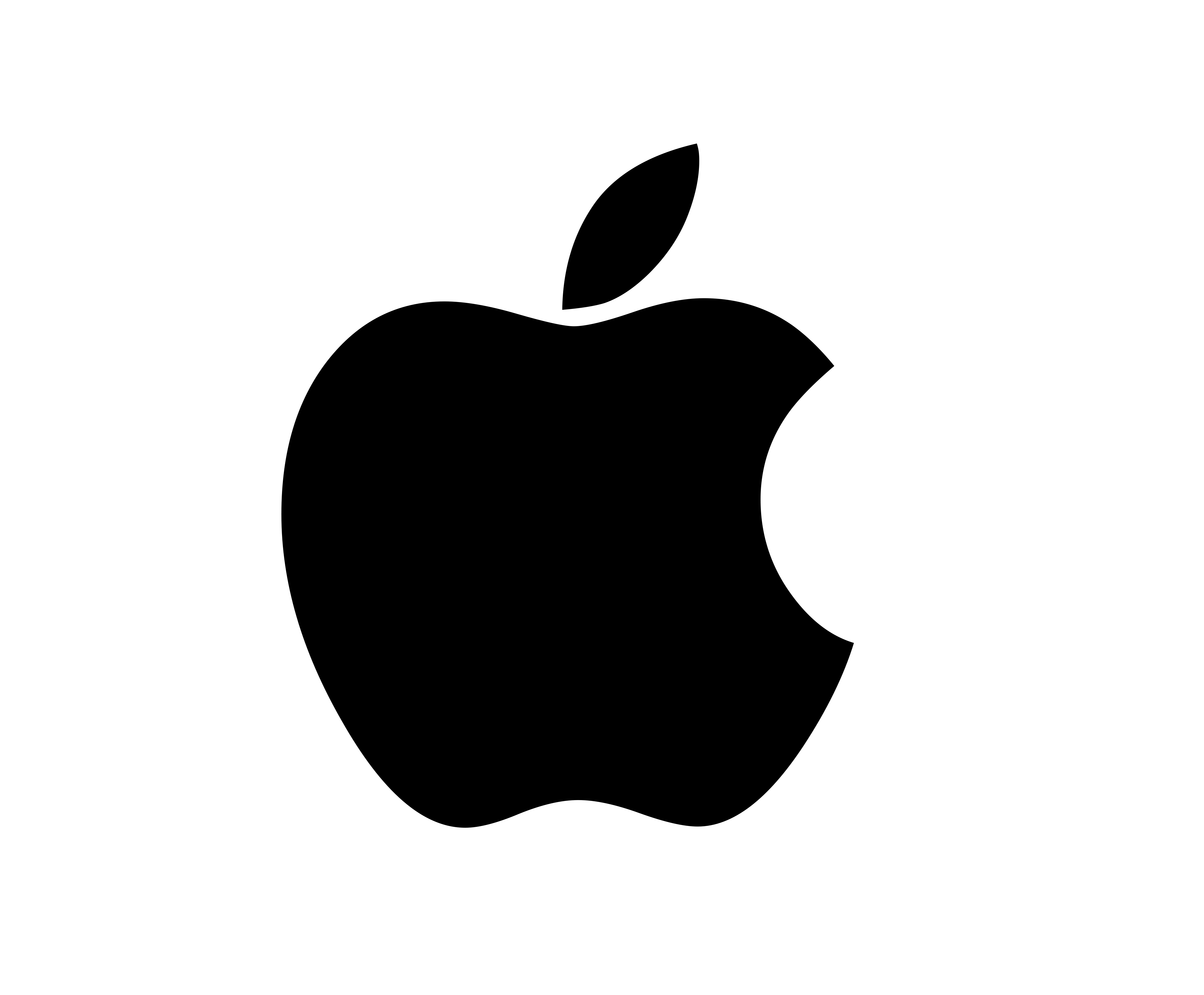 Apple patents ‘bendy’ iPhone and smart glasses
Apple patents ‘bendy’ iPhone and smart glassesNews Apple now has patents for a flexible iPhone and smart glasses, hinting at future direction